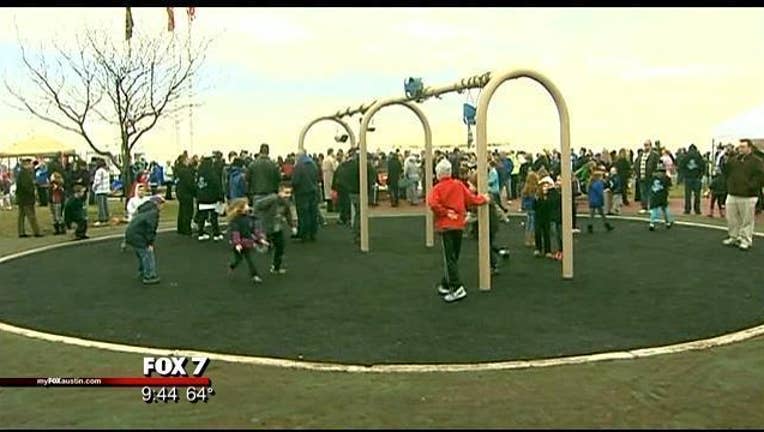Debate over recess continues

The debate over the need for recess in schools continues.
With federal and state mandates such as "No Child Left Behind" and "Common Core," teachers are under more pressure than ever for their students to succeed.
Some school districts across the country are eliminating recess, physical education, art and music all in an effort to get more "learning time" in the classroom.
Teachers say kids are under an enormous amount of pressure to perform well on state tests and in many districts, teachers' salaries depend on how well their students perform.
"Teachers say they don't have enough time to get it all done," says Barbara Jenkins, the Orange County Public Schools Superintendent in Florida.
However, child therapists say recess helps kids develop neurologically and socially and kids need to take a break from their long day of learning.
"They need breaks. Nobody, not even adults, can just keep learning and keep going. We need to stop, shut down. Recess helps them to stop, refocus and start again and that's the best way they can learn is one thing at a time," says Darby Fox, a child and adolescent family therapist.
In addition to the mental aspect, there are also the physical benefits of recess.
"Children are supposed to have 60 minutes of physical activity a day and that should be moderate to vigorous physical activity. // To make bone, you need to break bone, you need to run in order to bang your bones on the pavement to make new bones, it's really good for your calcium, for your bone strengthening," Fox says.
Dr. Dyan Hes says fresh air and oxygen help you clear your head mentally from being in the classroom all day and of course, exercise burns calories.
Doctors say they see higher rates of both ADHD and ADD in children who perform little to no physical activity.

